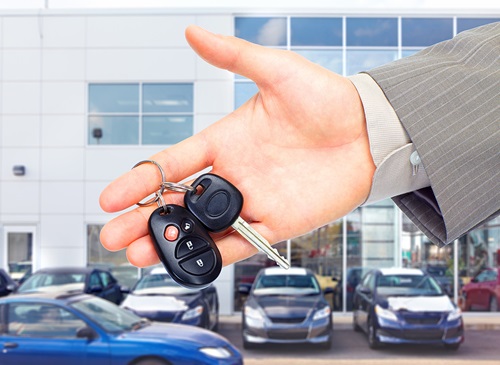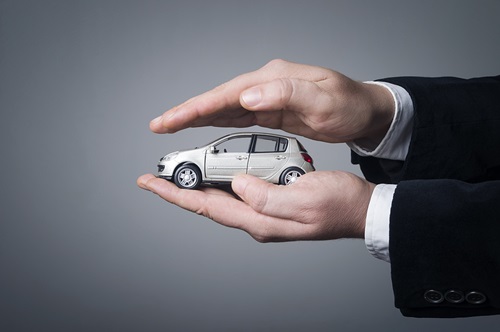Looking to save on your motoring costs by buying a second-hand car? You’re not alone. Nearly 60% of car buyers look at a used vehicle for their next transport because they’re confident it will save them money.
More than half of used car buyers choose to buy a second-hand vehicle solely to save cash, but there are lots of other reasons why people choose a used example, new research reveals.
The findings, from automotive industry regulator The Motor Ombudsman, shows that drivers are looking to avoid costs associated with buying a new vehicle, such as depreciation – the initial loss in value as soon as a car has been bought.
The Ombudsman findings reveal that 58% of all UK drivers would choose the used route for their next vehicle and show that this number rises when ‘only women’ drivers or ‘young motorists’ are questioned.

Sixty three per cent of females would consider a second-hand car – compared with 53% of males – while the same percentage of 25 to 35-year-olds would be happy with a car that has previously been owned.
The survey of more than 2,000 respondents revealed that 40% of drivers said buying a used car will help them avoid the depreciation. But there are other reasons why drivers opt for a used vehicle over a new one, and they are not always money related.
Greater choice

Nearly a third (32%) said they liked the prospect of having a large choice of vehicles from various manufacturers, available to select from across the country. A further quarter of survey participants (26%) agreed with that, saying they would be able to test drive and buy cars that were already for sale and available for inspection on forecourts.
A fifth (20%) of consumers said they wouldn’t want to wait for a particular new vehicle specification to be built and delivered, while a similar number said that buying used allows them to read the reviews and experiences of other owners about a car’s performance and reliability to help with their decision-making.
Private or Dealer
Nearly half (48%) of respondents said they would buy their next used car from an established seller or dealership rather than from a private owner. Even with slightly higher costs attached to this, they would be happier with the added reassurance that their next car had undergone rigorous checks before going on sale.
And a further 43% of survey participants said a professional seller or dealer would offer a ‘safety net’ of greater legal rights if something goes wrong with the car, especially if the retailer was accredited by the Motor Ombudsman.

Whether buying a used vehicle from a certified dealer or a private buyer, it’s worth considering having a history check run on the vehicle before any deal is done.
MotorCheck’s £9.99 ‘Single Check’ for example, will confirm a vehicle’s true identity, its actual mileage, the number of previous keepers, whether it has been written off or stolen, how well its MOT history has been maintained and more.
A third (34%) of those questioned in the survey added that going to a dealer would offer them the chance to buy an extended warranty to further safeguard them from the risk of costly mechanical or electrical failures, should they occur later down the line.
Fuel type
The poll separately highlighted that, for respondents who would opt for a used car this year, the majority (46%) would buy a petrol model. Around a quarter (26%) said a hybrid would be their choice, followed by a diesel car (17%). Just one in ten (10%) said they would take a full electric vehicle (EV).
So there you have it, some interesting research and figures around second-hand cars. What are your thoughts?
